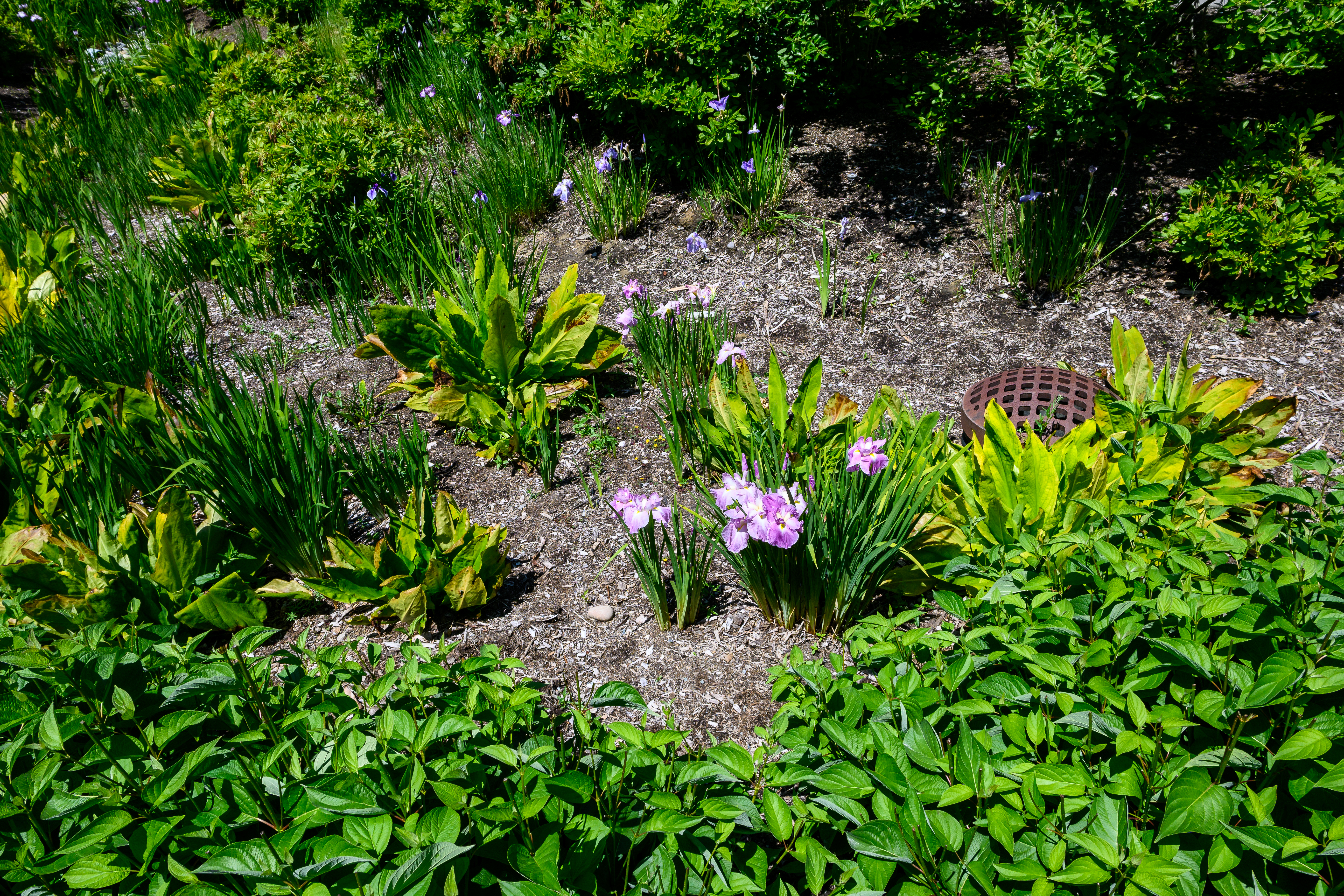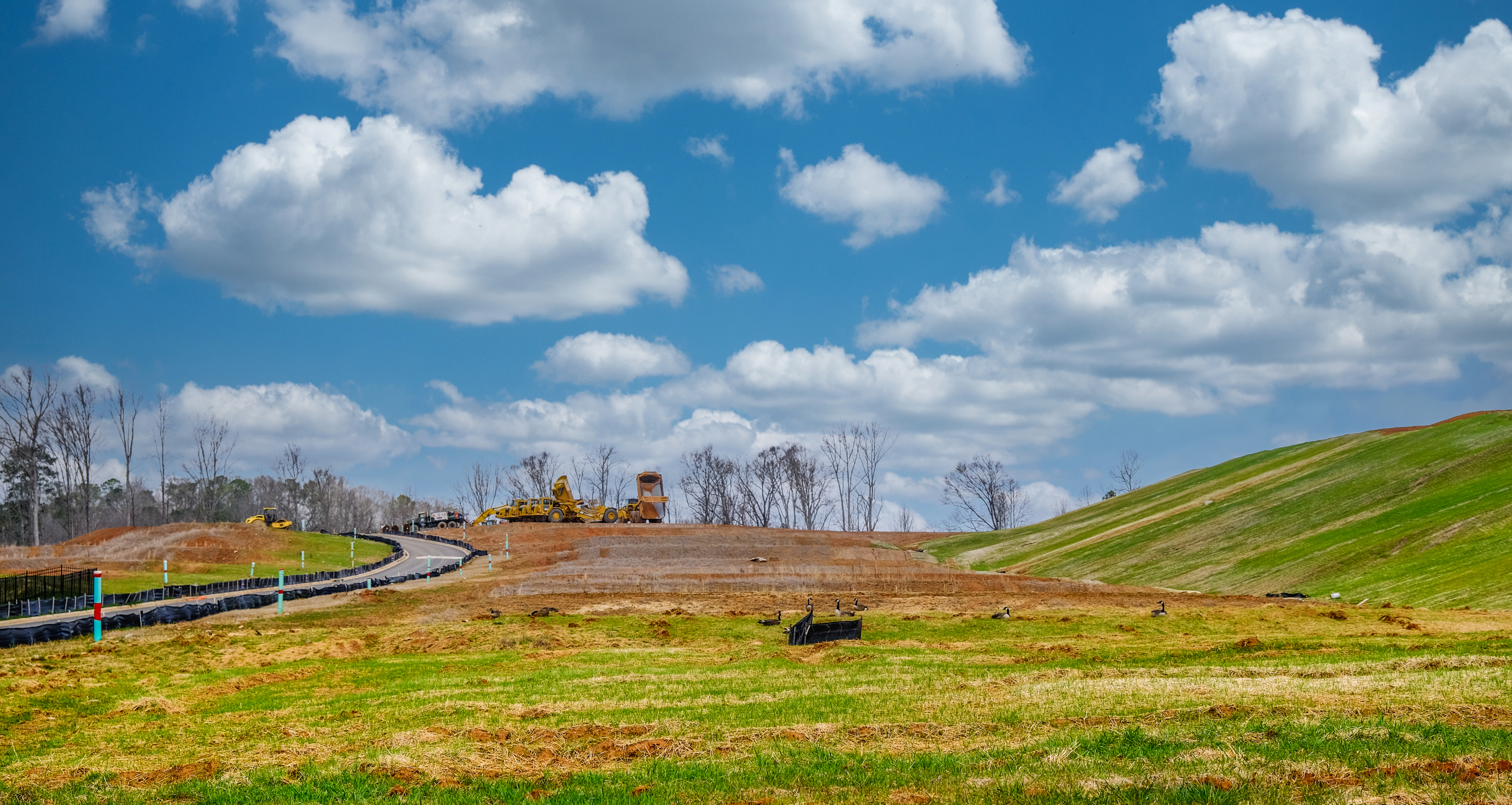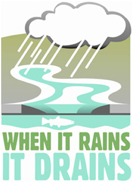Municipal Storm Sewer Systems (MS4s)
Municipal Separate Storm Sewer Stormwater (MS4)

Stormwaters, such as rain and snow melt, which run over impervious surfaces in urbanized areas – roadways, sidewalks, parking lots, roof tops, etc. – are often unintentionally, or unknowingly, mixed with potential sources of pollutants. Waters travel quickly over these impervious areas and can carry large quantities of materials.




 Stormwater runoff occurs when precipitation from rain or snowmelt flows over the ground. Impervious surfaces like driveways, sidewalks, and streets prevent stormwater from naturally soaking into the ground.
Stormwater runoff occurs when precipitation from rain or snowmelt flows over the ground. Impervious surfaces like driveways, sidewalks, and streets prevent stormwater from naturally soaking into the ground.